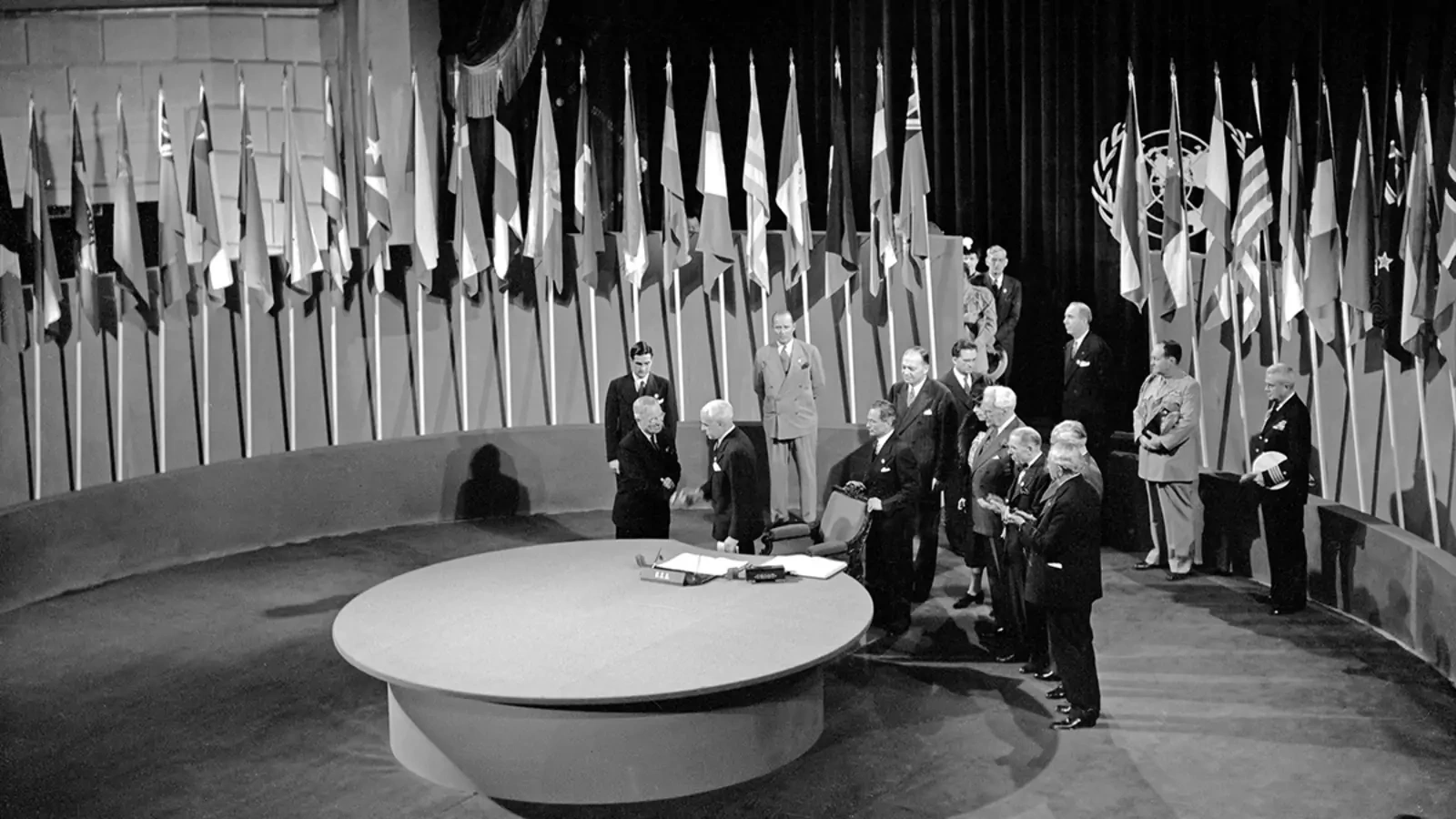See How Much You Know About the Immediate Postwar Period

Test your knowledge of the immediate postwar period, including the Marshall Plan and the creation of the United Nations.
September 10, 2019 10:00 am (EST)

- Quiz
- Test your knowledge of countries, history, economics, foreign policy, and more.
In the wake of the devastation of World War II, leading nations came together to create new economic, political, and military institutions whose influence endures. Find out how much you know about the immediate postwar period.
Ready to take more quizzes? View our full selection of weekly quizzes here.
 Online Store
Online Store